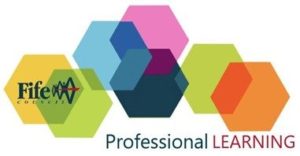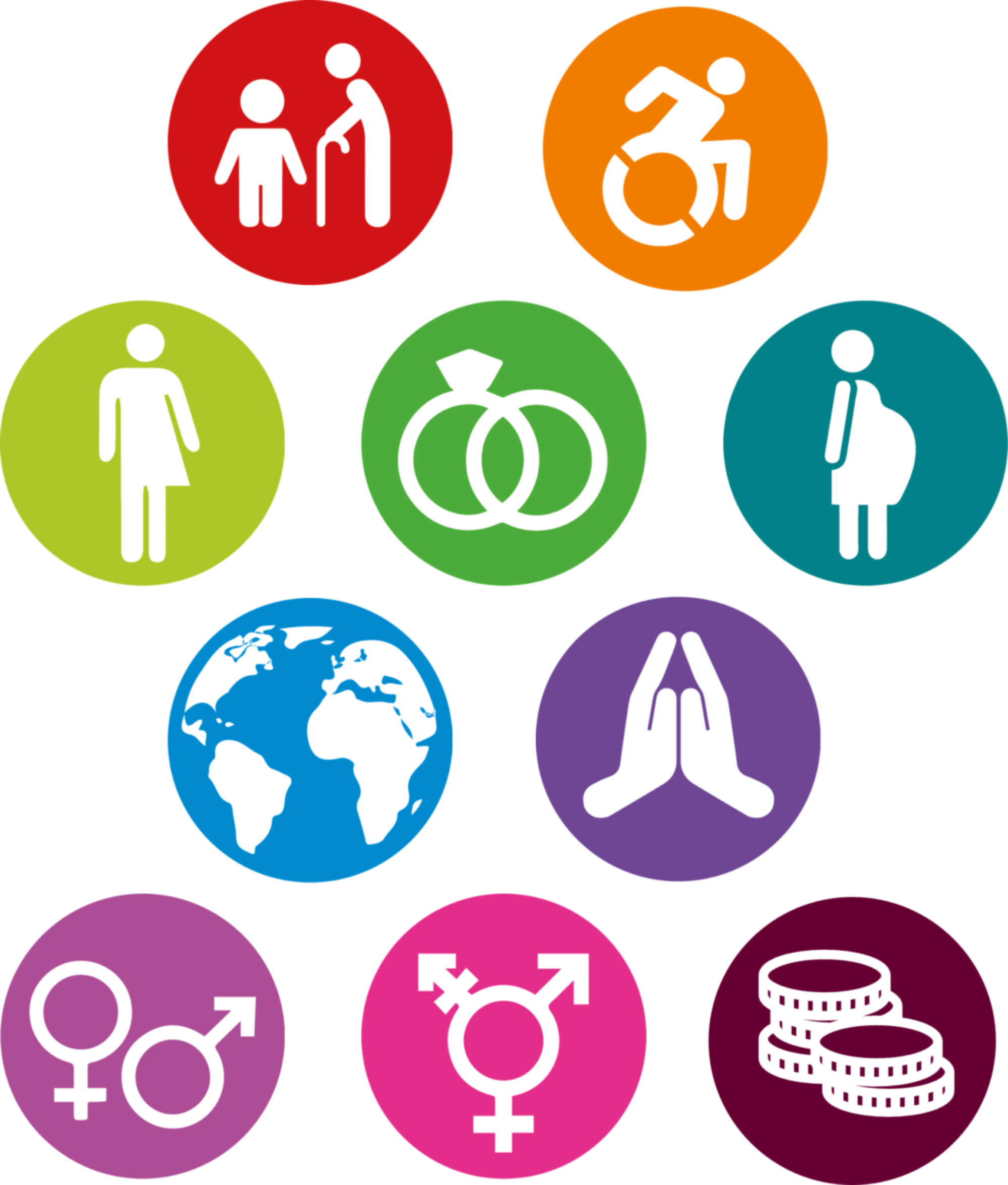Other areas you may wish to consider include those below.
Click for further information on each theme.

Letters & Language
In order to make sure that all letters, emails, websites and policies are inclusive, we suggest the following ideas:
- Use the singular “they/them” pronoun instead or as well as “he/she” to include all pupils who may not identify as male or female. Likewise, consider using “child” or “young person” as opposed to “son/daughter”.
- Make sure letters are addressed to ‘parents or carers’ to acknowledge all family situations.
- Consider printing letters and policies on multiple colours of paper to make them accessible to all.
- Ensure that language used within all documents is accessible for all.
- Consider translation where English is an additional language and potential impairment.
- Ensure websites have accessibility tools clearly indicated on all pages.
- Ensure the diversity of your community is represented in what you include on your website/social media.
Dress Code
Dress code may not stand out as an obvious issue in relation to equality within educational settings. However, it needs appropriate consideration to ensure that young people do not feel singled out or are uncomfortable with regards to protected characteristics. Encourage your pupils to talk to staff members if there are any issues with the dress code to help make everyone feel as comfortable as possible.
- Make sure your dress code is gender neutral e.g. not listing as "boys" and "girls" uniform. Instead just have general uniform options for all.
- Have options/flexibility that allow all students to be comfortable in what they have to wear to school.
- Make sure that protected characteristics are respected in your dress code e.g. cultural/religious awareness of hairstyles/coverings and being inclusive of people's needs.
- Consider the financial implications for young people and their families.
Events & Extra-curriculars
Extra-curricular activities offered in settings should not discriminate based upon one of the protected characteristics, for example instead of a girl's football team, open out the football team to all who wish to participate to encourage inclusion and diversity.
Similarly when settings are co-ordinating events, they must take into account how accessible the events are for all pupils, staff and families (where relevant) with regards to the protected characteristics. e.g. support for students with disabilities on sponsored walks; access to performances, including toilet facilities while attending.
Ask 'How can this be made accessible to all?' rather than 'What will we provide for those who can't attend?'


